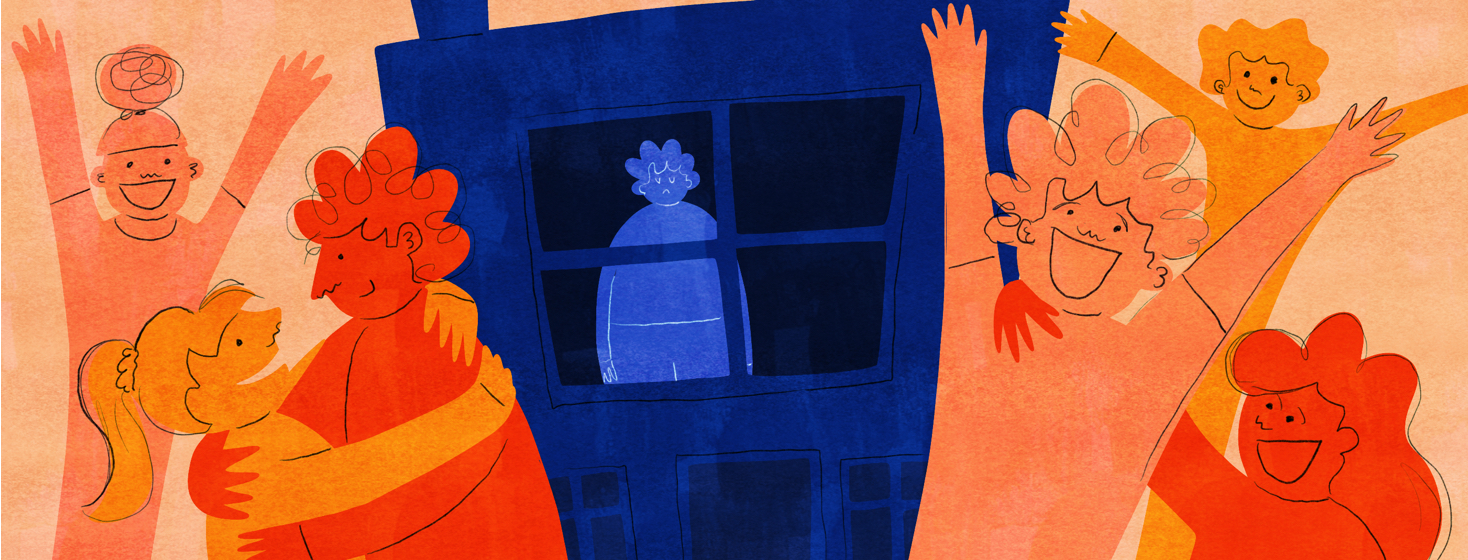Debunking Able-Bodied Individuals Observations of Being Housebound
So many times we hear about how able-bodied people glorify being homebound. We hear things such as “It must be so nice to be able to relax all the time!”, or the general assumption that we spend our time doing nothing of value. They envision us lounging around, feet kicked up with not a care in the world.
In the eyes of those who don’t suffer from chronic pain or disabilities, being housebound is thought as a luxury rather than viewed for what it truly is—isolating and not a choice. I’d like to debunk some of the general thoughts people have about staying at home.
People think we get to relax whenever want
Anyone who lives with AS knows that moments without any discomfort whatsoever are few and far between, unless you are in remission or your condition is considered “stable.” But for others, including myself, pain is a part of our everyday lives. There isn’t a single moment I’m not in some form of pain. It’s what keeps me up until 2am every single night, tossing and turning, and tears streaming down my face out of frustration. It doesn’t allow me to sleep in the same bed as my partner, or even cuddle most days.
Something as simple as laying in bed, which most people associate with comfort and rest, feels like work because it’s impossible to find a single position to feel comfortable. It’s the reason I have scars all over my back from overusing my heating pad, which doesn’t get rid of the pain. Nothing about living with this illness is relaxing.
We don’t have a job or we aren’t productive
Coping with chronic pain, or even chronic fatigue, requires dedication. It’s the kind of exhaustion that you can feel deep in your bones, yet we still have to push through because just like every other human being roaming this planet, we still have bills to pay and other responsibilities to maintain.
Though some of us have government-funded financial support, some of us also work from home. It is up to us alone to decide what is best for our health. Upholding chores is also physically demanding and something many of us struggle with, causing us to have to either dedicate a whole day or spread it out throughout the week, or even month, so we don’t overdo it. Regardless of this, there are many other ways to be productive—taking care of our bodies is an incredibly time-consuming task in itself.
We must be entirely incapable of doing anything, ever
My experience with being homebound started right before COVID. I wasn’t able to keep up with the physical demands of working, so I quit and applied for Disability. Though I couldn’t keep up with working a full/part-time job, I was still able to do many things from home. I was actually beginning to write a novel, and had set daily goals. I was also still able to go for long walks.
As time went on though, and more specifically in my current circumstances, my condition had gotten worse and something as simple as taking a shower now requires lots of work. The point of me saying all of this is: the state people’s conditions are fluid. They may have periods where they are able to do less, or periods where they are able to do more, but at the end of the day—it’s not really anyone’s business, is it?

Join the conversation